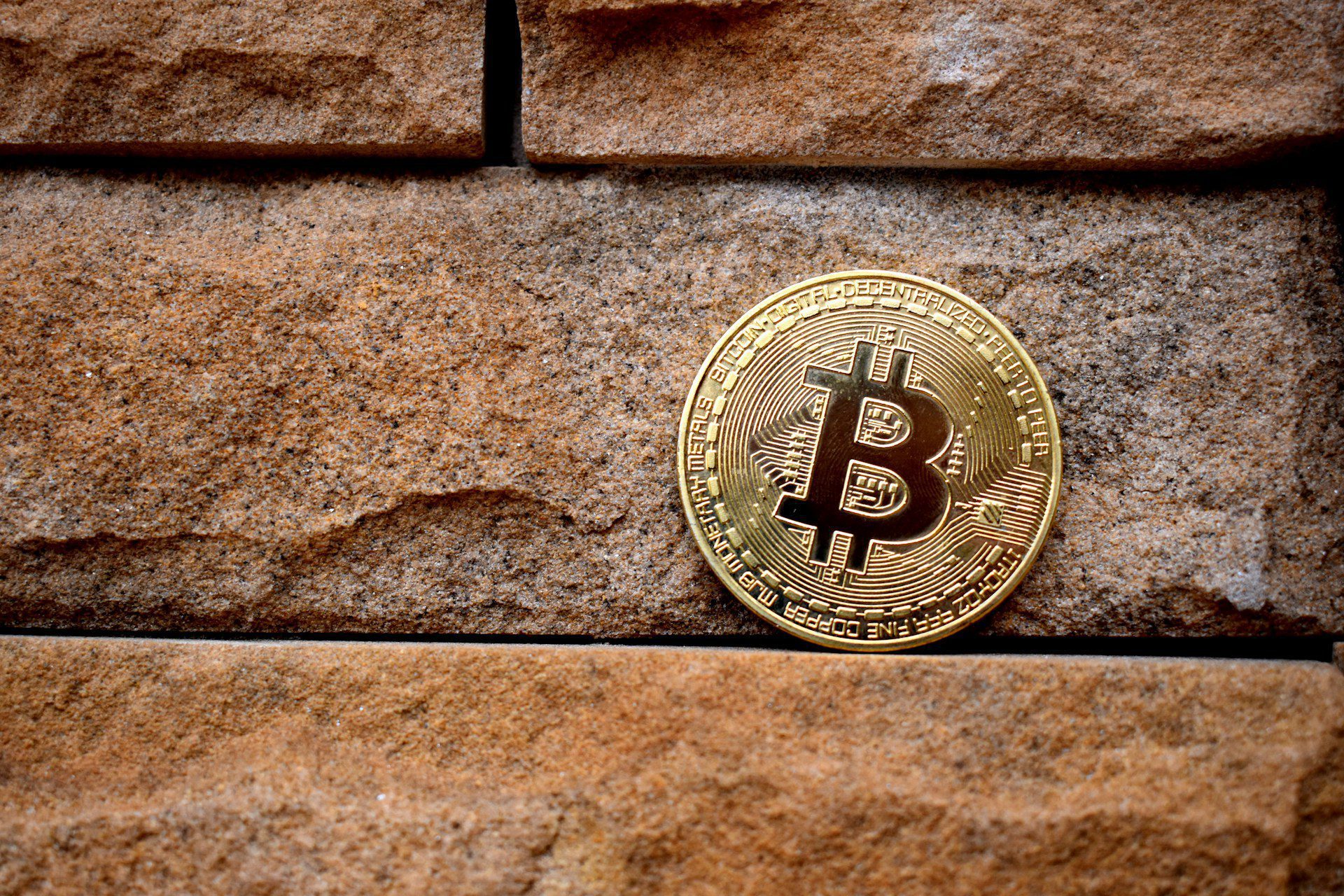A group of Chilean lawmakers is advocating for new legislation to create a Strategic Bitcoin Reserve (SBR). The initiative was detailed by Andrés Villagrán, a lobbyist focused on mining within the country. He shared progress on X, noting his meetings with various officials to showcase how Bitcoin could benefit Chile’s economy.
Chile’s Move Towards Bitcoin Integration
Villagrán shared, “Throughout 2023, I began a significant journey promoting Bitcoin! I met with over 20 legislators and several ministers about its advantages for Chile and its citizens.” He emphasized that his outreach efforts grew stronger throughout mid-2024.
Villagrán has received support from Dennis Porter, leader of the Satoshi Act Fund, and Simon Collins, CEO of Stackr—both of whom have experience in legislation and promoting eco-friendly Bitcoin mining. He noted:
“In early 2024, I started coordinating with several deputies across our long and narrow nation of Chile. By mid-2024, I collaborated with Simon Collins and Dennis Porter, who have both successfully introduced 30 bills prior. I invited them to Chile to share empirical data and insights with our lawmakers and the government.”
In November 2024, the team introduced the Strategic Bitcoin Reserve idea to government officials, including members of President Gabriel Boric’s administration and several deputies. Their discussions referenced similar initiatives proposed in Pennsylvania, Ohio, and Texas, undertaken by Porter.
Additionally, Deputy Gael Yeomans, from the Social Convergence party, which is part of the ruling left-wing coalition, suggested the establishment of a “Bitcoin Bench” (Bancada Bitcoin) to conduct comprehensive research and draft related legislation.
Villagrán commended this effort, stating: “I believe Deputy Gael Yeomans’ proposal for creating a Bitcoin Bench is excellent… I think it would be great for this bench to include members from both the left and right.”
However, the movement for a Strategic Bitcoin Reserve may encounter challenges from the Central Bank of Chile, which has expressed doubts about Bitcoin as a national reserve asset. In December of last year, the central bank dismissed the proposal, citing obstacles related to regulations and the IMF’s standards for reserve assets, such as security, liquidity, and reliability.
Despite these concerns, Villagrán is hopeful and plans to engage in further discussions with the Ministry of Finance and legislators from all political backgrounds in 2025:
“I want to emphasize that in 2025, we plan to meet with the Ministry of Finance to specifically discuss the SBR and engage with ALL Senators and Deputies, aiming to make Chile one of the first nations to integrate Bitcoin into its economy.”
In a recent livestream with Porter, Villagrán noted that Chilean law allows the Central Bank to hold Bitcoin and expressed intentions to discuss this with the bank later this year.
If Chile’s initiative advances, it would follow Brazil, which has already proposed allocating 5% of its foreign reserves to Bitcoin to protect against economic volatility.
As of the latest update, Bitcoin is trading at $99,260.






